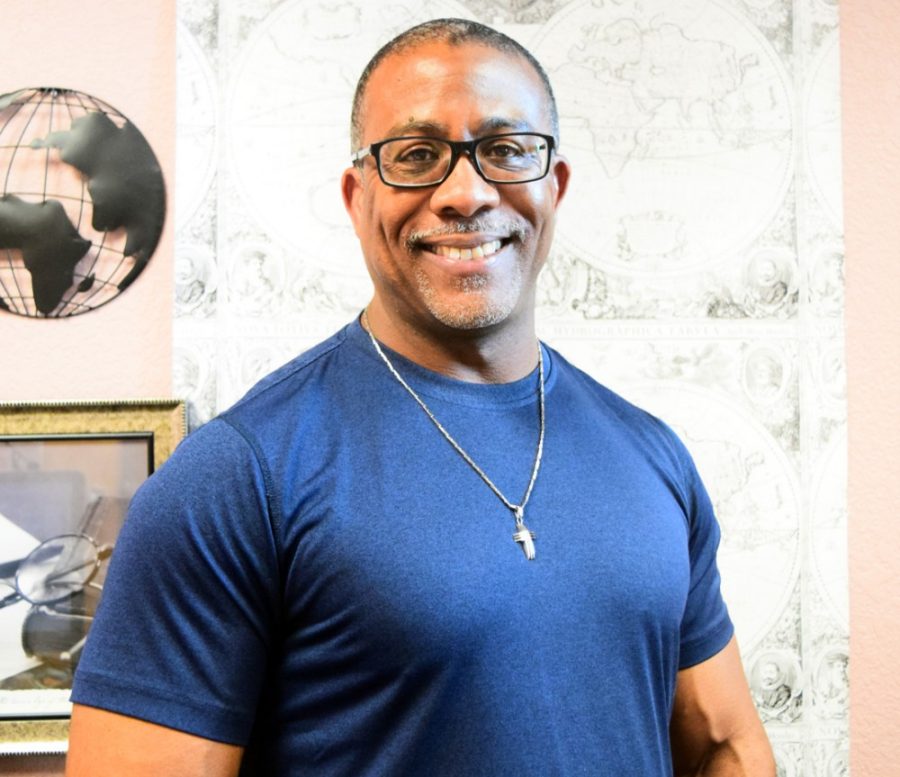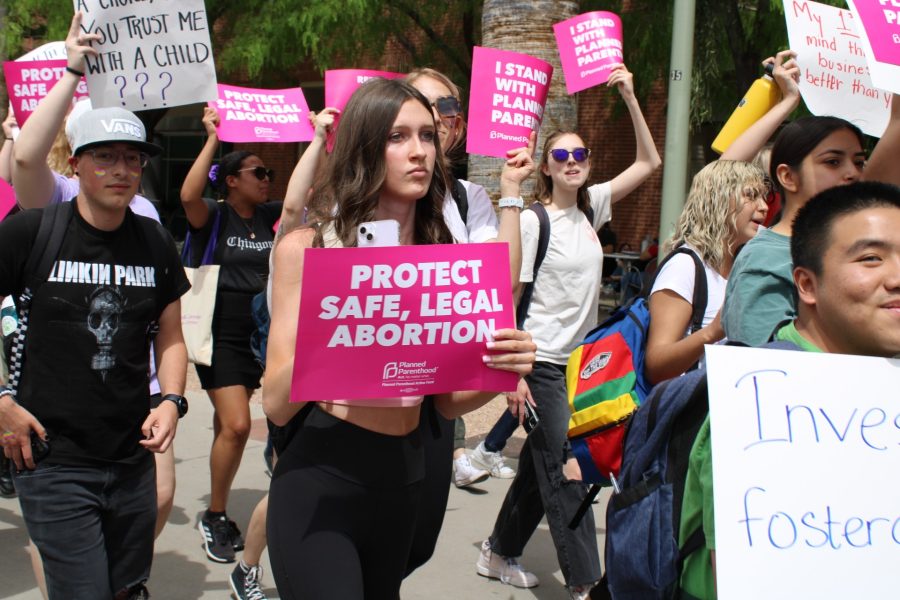Bryan Carter, assistant professor of Africana studies, approaches teaching in a more modernized way that allows students to bring technology into their studies. Carter also strives to teach students the importance of knowing culture, especially in the workforce.
Carter teaches a series of classes that allow students to become engaged using devices they are probably already using in their everyday lives, such as cellphones.
In Carter’s course Topics in Africana Studies: African Americans in Paris, his students develop an interactive app that allows them to see history in an entirely new way while being in an augmented reality.
“They are not only learning a new technology,” Carter said, “but augmented reality is huge in the industry right now. Having students have this skill will turn ears with employers.”
Each Thanksgiving break, Carter takes students to Paris for 10 days where they are able to see the content they created to understand the history of African-Americans in Paris in the 1920s and early 1930s.
Students create content for an app; then, when they are at specific locations in Paris, the app can take photos of those areas, recognize them and provide information on their history. This essentailly allows individuals to be in a virtual reality.
Students also make short documentary films that are filmed with their mobile devices, Carter said. They consist of short video clips taken all over Paris that tell a story of their experiences.
Carter said he thinks the excitement of a new approach to the classroom is refreshing to students.
“When you excite the imagination of students using the technologies that they come to the classroom with, that they are often told to turn off, you can teach them about the tool while also focusing on a very exciting period of African-American life and culture,” he said.
Carter added that the technological approach maintains attention and sparks creativity, saying that he sees amazing projects from students who would have never thought about doing them if their only assignments were 10-page papers.
“[Technology is] growing exponentially, and our graduates have to be ready for that,” Carter said. “If they’re not, they are going to be left behind.”
Carter said that an emphasis on specific cultures in higher education studies are important, because it puts students at an advantage when they are competing for jobs after graduation.
“When you think about knowing a great deal about a particular culture in society, it really does give students different insight with how to deal with diverse populations,” he said. “That’s the way America is becoming; employers are looking for that skill.”
Carter said knowing another culture is key because companies are looking for people who can communicate with diverse populations. For instance, it can be valuable to know what may or may not offend a certain group of people.
Carter stressed the importance of using technology and knowing other cultures to be a step ahead of competitors in the workforce.
“I hope we can continue to interest students in not only these courses but also to explore Africana studies,” Carter said. “Once they take one or two classes, they’ll be hooked.”
_______________
Follow Adriana Espinosa on Twitter.









